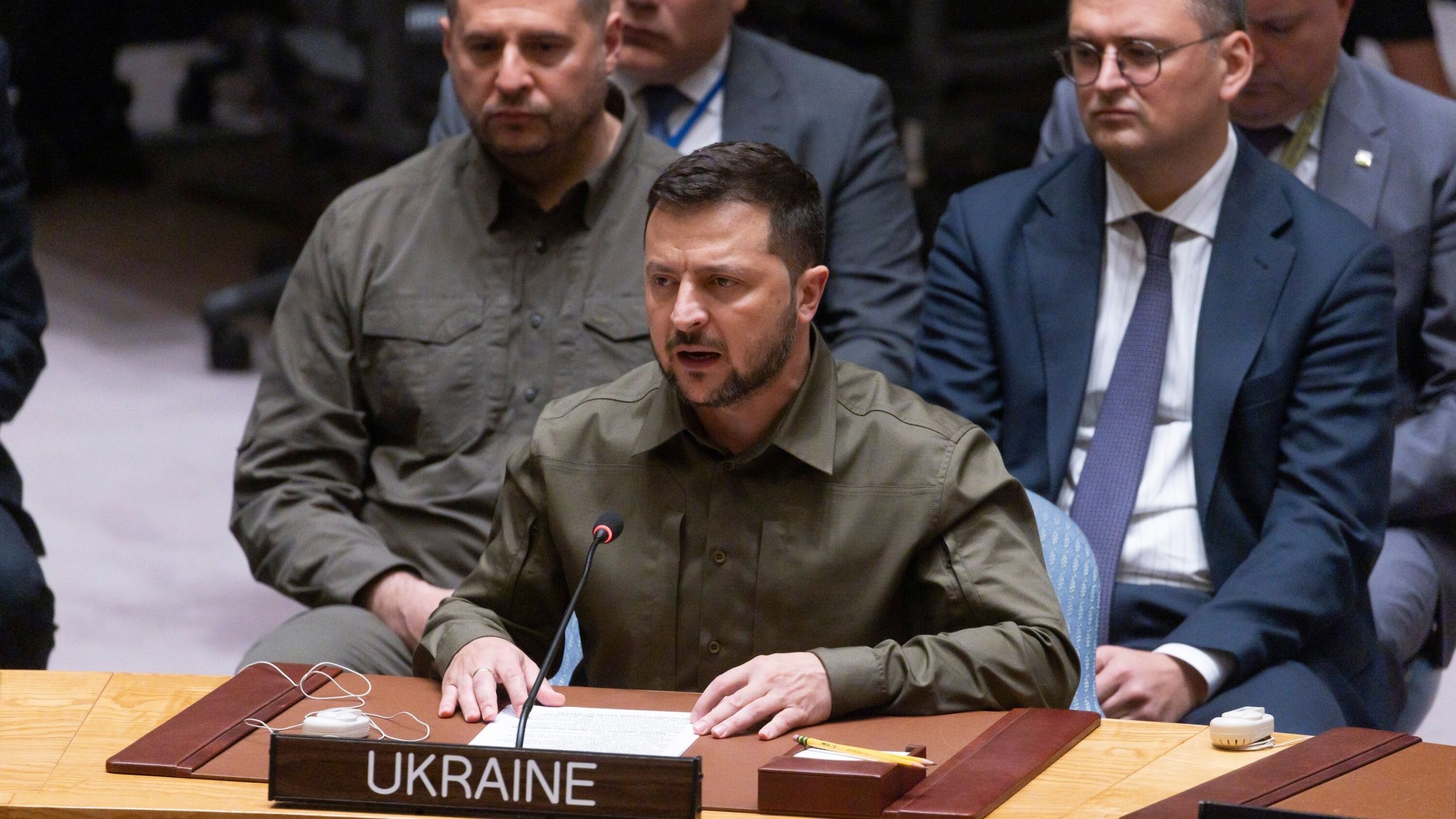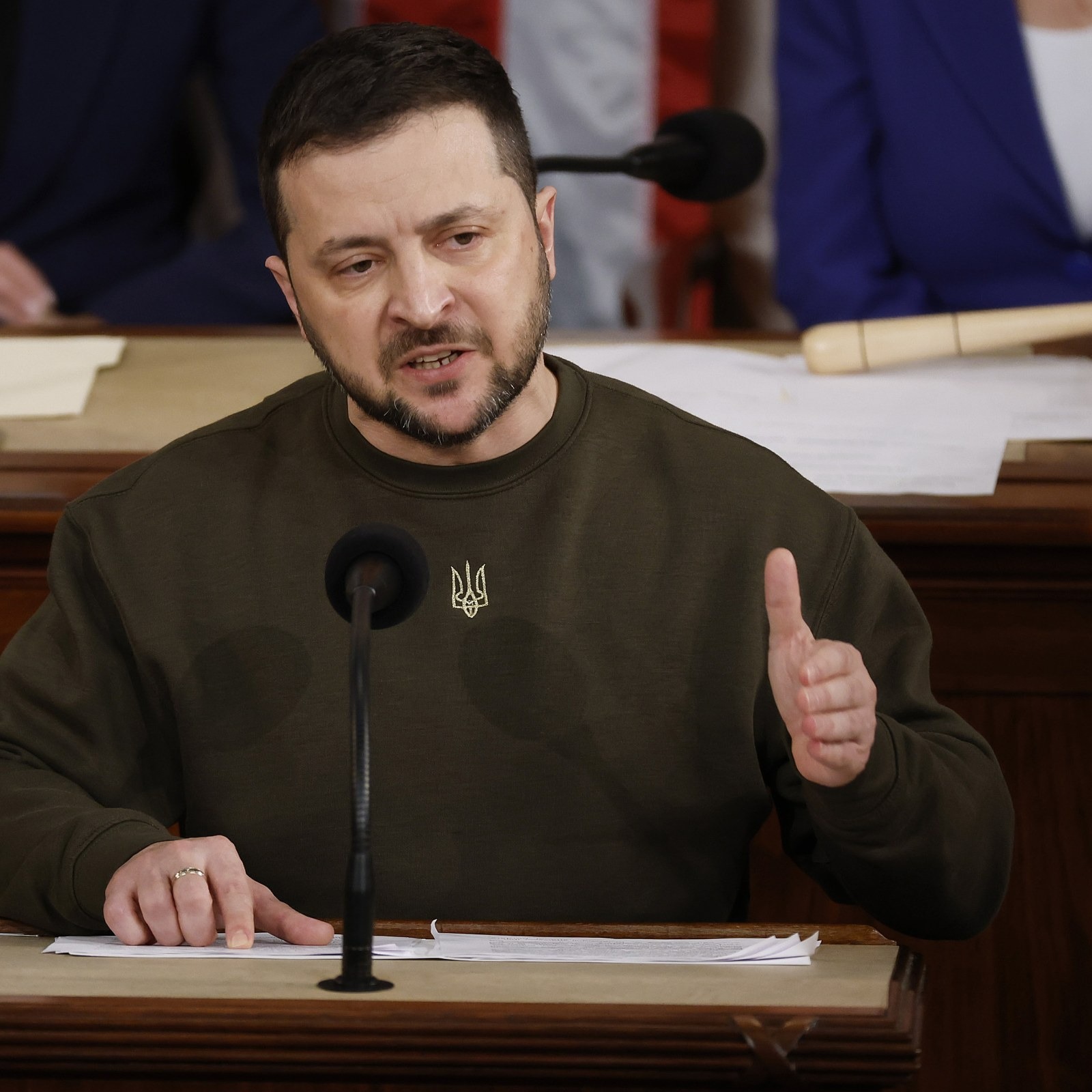The worst-kept secret in Kyiv has finally been acknowledged: General Valerii Zaluzhnyi, who led Ukraine’s armed forces for two years, has been replaced by President Volodymyr Zelensky.
This announcement follows 10 days of speculation and months of a strained relationship between Zaluzhnyi and Zelensky, signaling a critical moment in the war with Russia and likely indicating a shift in Ukrainian strategy. However, this change is not without risks.
Zaluzhnyi’s removal from the position of commander-in-chief is significant as Ukrainian units find themselves on the defensive in various parts of the extensive front line, especially in the eastern Donetsk and Kharkiv regions.

Ukraine’s Army Chief, Zelensky (Credits: The New York Times)
These units are facing severe shortages of shells and other munitions while experiencing a depletion of experienced soldiers. In contrast, the Russian war machine operates at full capacity with a larger pool of manpower, circumventing international sanctions, and being financially backed by substantial oil revenues.
President Zelensky framed the decision as a result of a “frank discussion about what needs to be changed in the army” and cited a sense of stagnation in the southern areas and difficulties in the fighting in the Donetsk region affecting public morale.
Indeed, recent surveys in Ukraine indicate a growing pessimism, with those believing events are heading in the wrong direction increasing from 16% in May 2022 to 33% in December 2023.
Zaluzhnyi’s successor, General Oleksandr Syrskyi, is not expected to introduce radical changes, but his appointment suggests a closer alignment with Zelensky.
Syrskyi, who has been in command of land forces since the Russian invasion, faced criticism for his handling of the defense of Bakhmut, characterized by high human costs. Soldiers even dubbed him “General 200,” referencing the military code for killed-in-action.
Matthew Schmidt, Director of the International Affairs program at the University of New Haven, notes that Syrskyi is viewed as a consensus choice.
However, opinions about him vary, with some describing him as too Soviet, implying unimaginative but capable, while others criticize his alleged lack of empathy. In the current context of the war, Schmidt suggests that opting for a safe choice might be the right move.
Syrskyi’s immediate challenges include stabilizing the front lines, replenishing the depleted ranks of Ukrainian brigades, expediting the delivery of Western munitions to the front lines, and managing the military situation until these reinforcements arrive.
Other priorities for Syrskyi involve determining the emphasis on longer-range strikes against Russian infrastructure, integrating F-16 combat aircraft into battle plans, and accelerating the development of the next generation of unmanned systems.
























